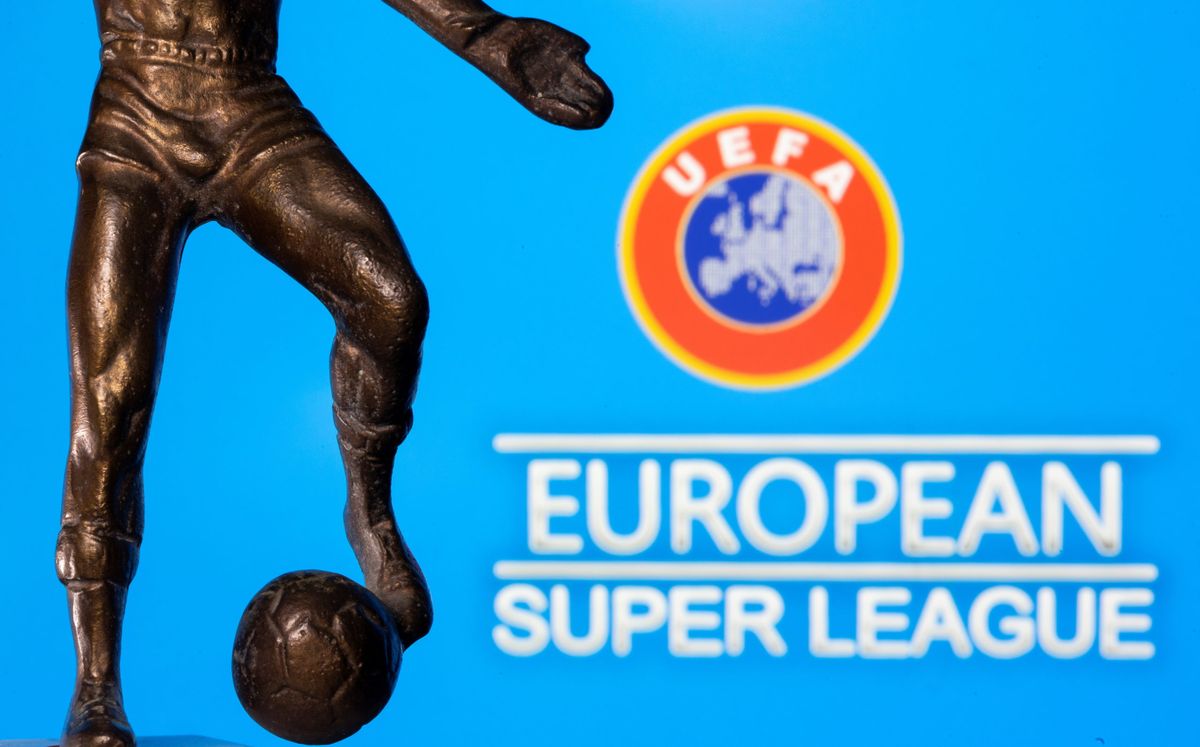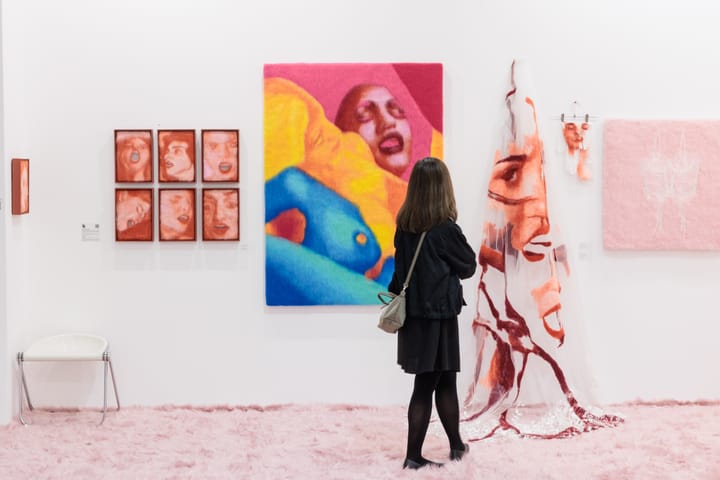Why are European soccer fans protesting against American team owners?

A few minutes every morning is all you need.
Stay up to date on the world's Headlines and Human Stories. It's fun, it's factual, it's fluff-free.
After the announcement of the new league, anger within clubs and among fan groups and sports commentators erupted because owners of the clubs made this decision without feedback from the clubs’ staff, players, or fans.
Super League – the straw that broke the camel’s back
- For many decades, American owners of soccer teams have faced distrust from European soccer fans.
- This is because Europeans are deeply tied to their clubs and they believe Americans may only be interested in owning teams for the money.
- The owners wanted to create a new league – an exclusive division that would be played in addition to the domestic schedules of Europe’s top-performing (and earning) teams. Twelve of Europe’s top teams joined the league, including six from Britain.
- The Super League would be a separate division across Europe, with the twelve founding teams playing a permanent role while eight other teams would rotate out based on their performance.
- This league would add 40 games to the teams’ schedule on top of 60+ they already play inside their home leagues and in tournaments across Europe. The clubs in the Super League would have to invest in larger squads, buying players from smaller teams outside of the Super League. This would result in those smaller teams being less competitive, potentially resulting in the collapse of lower leagues.
- After the announcement of the new league, anger within clubs and among fan groups and sports commentators erupted because owners of the clubs made this decision without feedback from the clubs’ staff, players, or fans.
- This has led to protests such as surrounding stadiums and blocking teams inside their hotels. In the last couple of weeks, tens of thousands of fans have marched through British streets blaming American owners of soccer teams like Liverpool Football Club, Manchester United and Arsenal Football Club, which were three of the founding members of the Super League.
- Most fans believed the formation of a new league was a grab at additional money.
- “You are looking at £200m-£250m in TV rights,” said Sky Sports reporter Kaveh Solhekol. “They will be able to sell some of the rights to the games themselves on their own channels, the broadcast rights all over the world."
- Within a week, clubs backed out of the Super League and issued apologies to their fans.
History of protests of American owners
- When people think about soccer, they think about crazy European soccer fans fighting opposing teams’ fans. However, British soccer fans have a history of peacefully protesting things they dislike.
- One example took place in 2010, when Manchester United fans boycotted season-ticket purchases. The number of these sales dropped from 65,000 to 58,000. This was in response to the way the owners, the Glazer family, have handled their club.
- The Glazers, also owners of the American NFL team the Tampa Bay Buccaneers, bought the club for £550m. Most of the money used to pay for the club was borrowed. The club itself was put up as collateral in case the Glazers could not pay the loans back, leaving the club vulnerable. In the 15 years since, the club has made a £467 million operating profit.
- The Glazer family largely remained silent during the protests and has not given up control of the club.
Protests around England
- On Sunday, May 2, one of the most-watched soccer games on the globe was supposed to take place in Manchester, England. Because of the pandemic, Liverpool and Manchester United were set to play in a fanless stadium.
- It was estimated that nearly 10,000 Manchester United fans protested the Glazer ownership. Many gathered outside of Old Trafford, United’s stadium. Some fans breached the stadium gates and wandered around inside.
- Others protested outside of the Lowery, the hotel where the United team was staying.
- The game was eventually postponed. “It was the plan all along: to get the game delayed or abandoned,” Jamie from the “United we Stand” fanzine told The Guardian. “This is about a football club and a community that surrounds it.”
- “Football is just a mirror that reflects society around it,” said Roger Bennett, host of the soccer podcast Men in Blazers. “We hold it up, and it reflects the culture, the politics, the values, the economy of everything that surrounds it, and I do see something powerful in this moment … When I watch these scenes I see all the tropes of political protest, a protest against Capitalism, exploitation, and I see anger … of disempowerment.”
Have a tip or story? Get in touch with our reporters at tips@themilsource.com




Comments ()